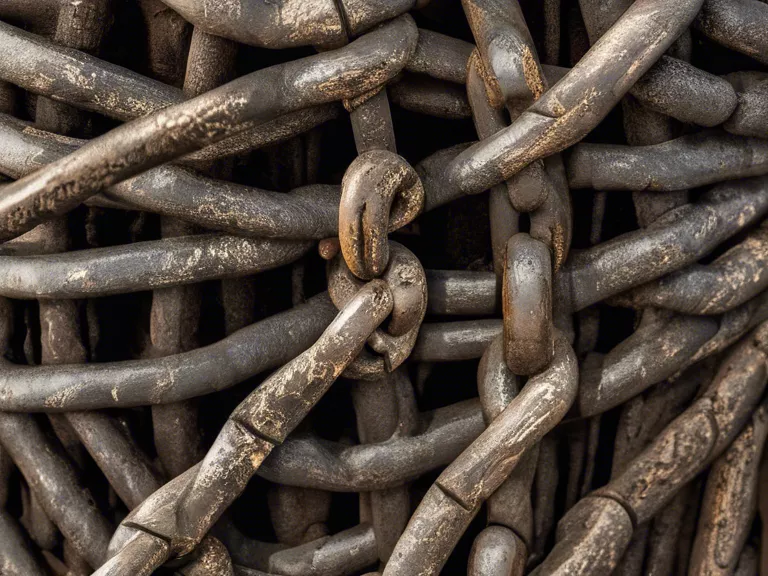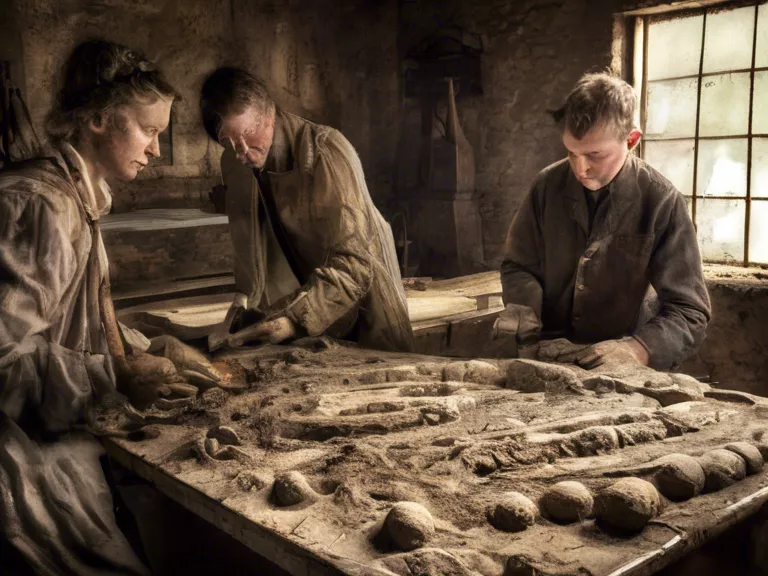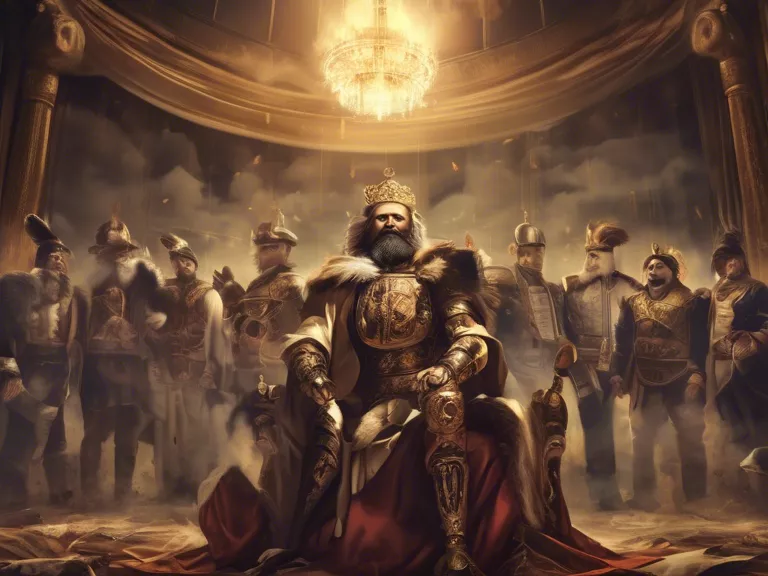
Introduction
History is a tapestry woven from the threads of the past, connecting ancient civilizations to modern societies. The historical connections that link our contemporary world to its roots are fascinating to explore. From the ancient empires of Rome and Greece to the rise of modern chains of influence, the journey through history unveils a rich tapestry of interconnected events and cultures.
Ancient Roots
The foundations of today's world can be traced back to ancient civilizations that laid the groundwork for our modern societies. The legacy of empires such as Rome, Greece, Egypt, and Mesopotamia continues to shape our political systems, architecture, art, and literature.
Influence of Rome
The Roman Empire's impact on modern society is profound, evident in the legal systems, language, and infrastructure that have endured through the centuries. The concept of citizenship, the rule of law, and the engineering marvels of the Romans continue to influence our world today.
Legacy of Greece
The intellectual and artistic achievements of ancient Greece have left an indelible mark on modern culture. The foundations of philosophy, democracy, and theater established by the Greeks are still relevant in contemporary society.
Medieval Connections
The medieval period serves as a bridge between antiquity and the modern era, shaping the social, political, and religious landscape of Europe and beyond. The feudal system, the rise of Christianity, and the spread of Islam are key developments that have had lasting effects on our world.
Feudal System
The feudal system, with its hierarchy of lords, vassals, and serfs, defined the social structure of medieval Europe. The remnants of feudalism can still be seen in the class divisions and power dynamics of today.
Rise of Christianity
The spread of Christianity during the medieval period had a profound impact on European culture and politics. The influence of the Catholic Church, the Crusades, and the schisms within Christianity continue to shape religious beliefs and practices in the modern world.
Modern Chains
The interconnectedness of today's world is a product of centuries of historical developments, from the Age of Exploration to the Industrial Revolution and beyond. The emergence of global trade networks, technological advancements, and ideological movements has created a complex web of historical connections that define our contemporary reality.
Age of Exploration
The Age of Exploration in the 15th and 16th centuries opened up new avenues of trade, colonization, and cultural exchange that continue to shape our globalized world. The legacy of exploration can be seen in the spread of goods, ideas, and peoples across continents.
Industrial Revolution
The Industrial Revolution of the 18th and 19th centuries transformed economies, societies, and landscapes, ushering in an era of unprecedented technological advancement and urbanization. The impact of industrialization on labor practices, urban planning, and environmental sustainability reverberates in the modern age.
Conclusion
Exploring the historical connections that link ancient roots to modern chains provides valuable insights into the complexities of our world. By understanding the legacies of past civilizations, empires, and movements, we can better appreciate the tapestry of history that has shaped our contemporary reality. As we navigate the challenges and opportunities of the present, we are reminded of the enduring connections that bind us to our shared past.

